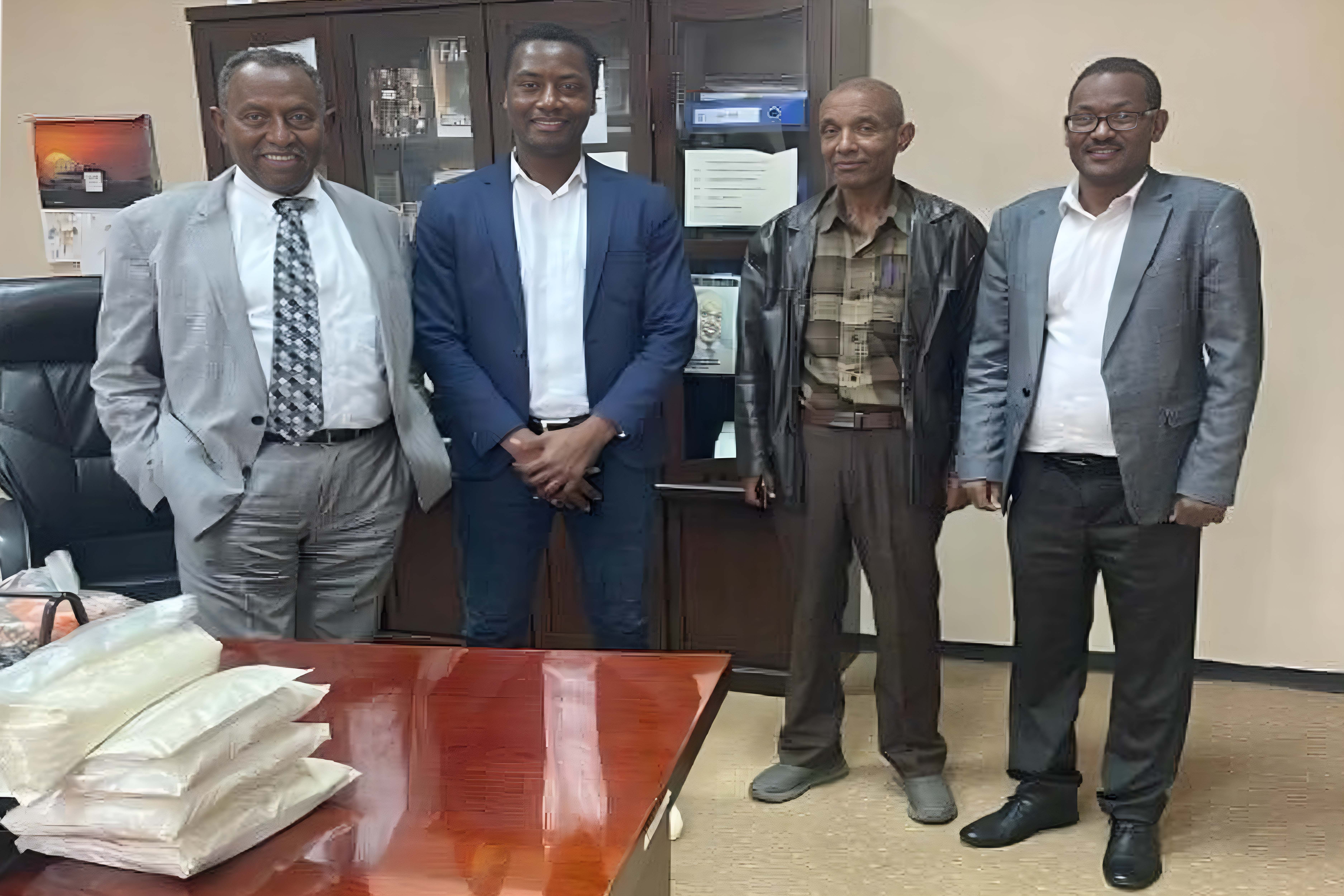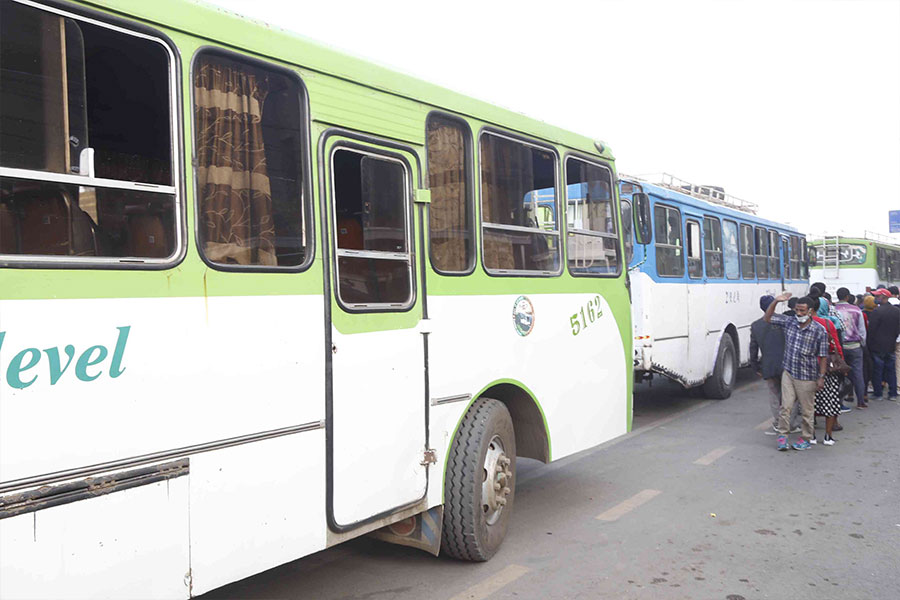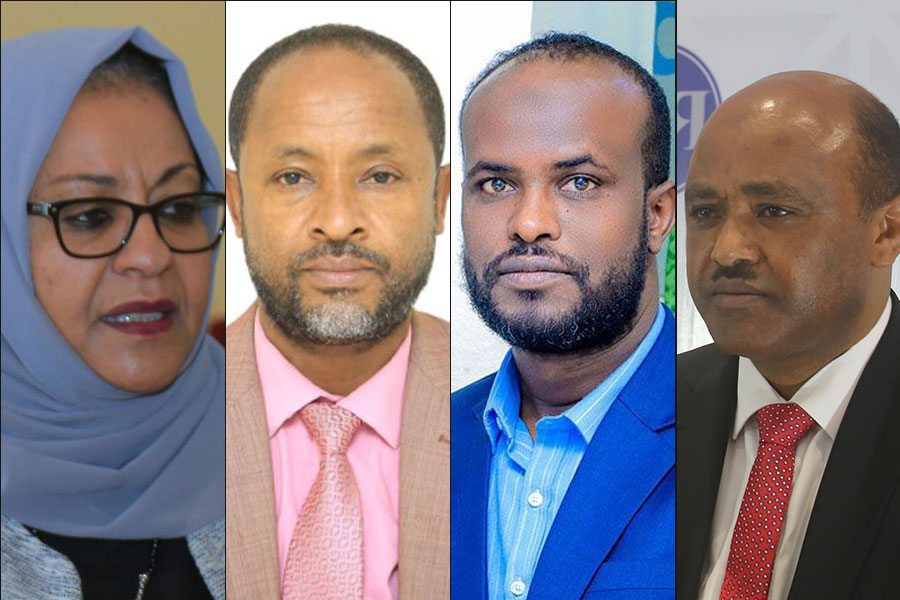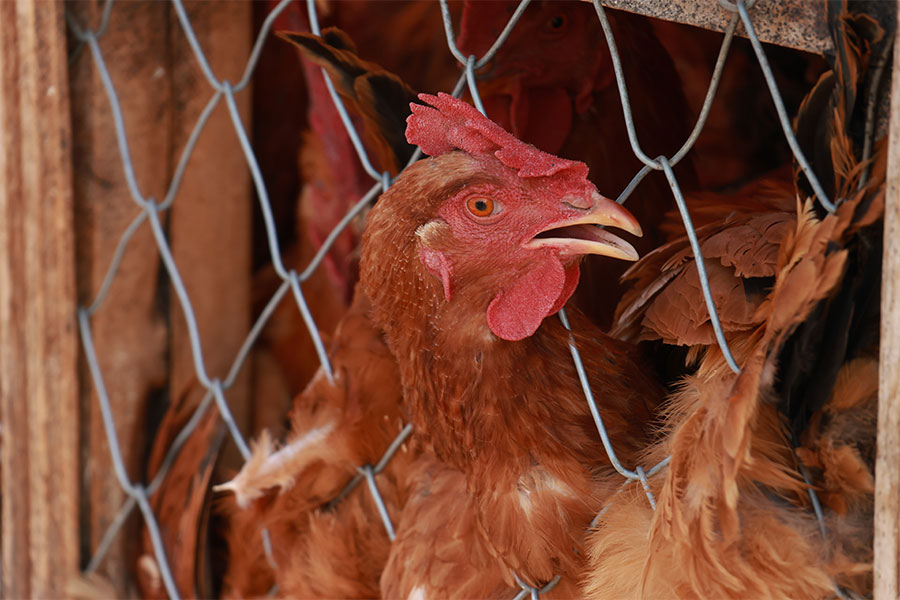
Jan 16 , 2021
By Senay Lemma , Solomon Girma
It could be argued that the main fighting in Tigray Regional State has ended. But the work of rehabilitating Ethiopia's economic and political circumstances is just starting, writes Senay Lemma (senaylemma2@gmail.com), regional human capital manager for Eastern Africa, and Solomon Girma, freelance human capital consultant.
Since Prime Minister Abiy Ahmed (PhD) took office in April 2018, his administration has kick-started a series of political and economic policy reforms that hold the promise of improving Ethiopia’s economic and political prospects and political stability. Unfortunately, this was punctuated by the recent armed conflict between the forces of the federal and Tigray regional governments.
The fighting has not ended, but it is clear that the federal government has taken the upper hand in a matter of weeks. Arguably, it is no longer a crisis posing an existential threat to the country, at least not in the short term.
However, the end of active conventional warfare in the region does not mean that it is over. What happened in the north adds to an already complicated political situation that has had communal violence and social strife as a primary feature. But the episode also presents an opportunity for the administration to revisit its promises upon coming to office and building on them.
The obvious starting point is the rehabilitation of the Tigray region. It is crucial to allow civilians to return to everyday life by restoring damaged infrastructure, re-starting essential government services, and winning the hearts of people that have fled to neighbouring countries for repatriation.
But the region is only the most recent place to see political instability. The government must ensure peace and security and end the killing of innocent civilians throughout the country. Localised conflicts that lead to displacement, death and abduction have become part of citizens' everyday experience in many parts of Ethiopia. There is a need to make maximum efforts to restore law and order and bring perpetrators of these heinous crimes to justice. This must be implemented in the conflict-stricken region and localities where mass killings are taking place.
Beyond the security threat, there is also a need to heal the political space. This starts by ensuring that the planned 2021 national election is executed in a fair, transparent and competitive manner. Committing to a free election means making it possible for parties with critical views to campaign – it requires security forces to be willing to provide a secure environment for them.
In practical terms, the National Electoral Board should take the necessary precautionary measures to ensure a peaceful completion of the election and speed up the preparation of voting facilities and other logistical operations. The Board’s efforts in this regard, which has proposed June 5, 2020, as polling day, are admirable.
Perhaps, a more critical task to undertake is to initiate a forum for a political settlement, with the view to overhaul Ethiopia’s current Constitution. It is clear that even if there are not that many overlaps on what the outcome should be, nearly everyone wants the Constitution to be amended in some way. This includes the debate over the form of federalism that Ethiopia follows, which many charge for the cleavages within society. Everything needs to be up for debate.
The deliberation should be with the view of averting similar crises in the future. This should be done in an inclusive manner where all relevant stakeholders are represented, including national and regional political figures, community leaders and civil society organisations.
No less in need of attention are economic issues. The government needs to renew its focus on containing the unemployment rate, which has been rising following an economic slowdown in the wake of the Novel Coronavirus (COVID-19) pandemic. It is crucial to reverse the trend of deteriorating living standards, which have worsened by the day due to the combined effects of roaring inflation.
For this, the government should revise its job creation strategy and drive for its implementation even more vigorously. The strategy should focus on the agricultural sector, which employs over 60pc of the Ethiopian labour force. Achieving agricultural transformation will require developing new labour-intensive economic activities such as agribusiness, light manufacturing, and services with strong forward and backwards linkages with agriculture.
Building on some of the key interventions the government is already attempting could boost agricultural growth. It is improving access to land; facilitating the use of modern inputs, seeds, and technologies, improving access to credit; and strengthening the ability to develop and adapt agricultural technologies.
It is particularly important to focus on developing the skills and capabilities of the youth to increase their productivity, employability, and entrepreneurial skills. Lack of marketable skills makes the youth a liability rather than an economic asset, feeding into the political, social and economic malaise that is suffocating the country. There is a need for multi-pronged, coordinated and ambitious strategies to develop national policies and institutions that focus on developing and utilising the country’s barely tapped human power.
Given the large role of the government as an employer, it is also essential to follow strict, merit-based hiring criteria in the public sector. The appointment of public civil servants needs to be based on an open and competitive job call, and selection should be free from political bias. Without these reforms, government institutions will remain chocked with corruption and bureaucracy and cannot muster the professionalism needed to execute the country’s ambitious national economic and social development policies.
While non-exhaustive, such policy priorities constitute the critical ingredients for Ethiopia’s economic recovery in the post-COVID-19 era and its political stabilisation.
PUBLISHED ON
Jan 16,2021 [ VOL
21 , NO
1081]

Sponsored Contents | May 22,2023

Fortune News | Jun 10,2023

Commentaries | May 29,2021

Fortune News | Jul 17,2022

Fortune News | Apr 22,2023

Fortune News | Mar 30,2024

Fortune News | Jul 17,2022

Radar | Oct 12,2024

Viewpoints | May 24,2025

Radar | Jan 09,2024

My Opinion | 131665 Views | Aug 14,2021

My Opinion | 128030 Views | Aug 21,2021

My Opinion | 125993 Views | Sep 10,2021

My Opinion | 123614 Views | Aug 07,2021

Dec 22 , 2024 . By TIZITA SHEWAFERAW
Charged with transforming colossal state-owned enterprises into modern and competitiv...

Aug 18 , 2024 . By AKSAH ITALO
Although predictable Yonas Zerihun's job in the ride-hailing service is not immune to...

Jul 28 , 2024 . By TIZITA SHEWAFERAW
Unhabitual, perhaps too many, Samuel Gebreyohannes, 38, used to occasionally enjoy a couple of beers at breakfast. However, he recently swit...

Jul 13 , 2024 . By AKSAH ITALO
Investors who rely on tractors, trucks, and field vehicles for commuting, transporting commodities, and f...

Jun 28 , 2025
Meseret Damtie, the assertive auditor general, has never been shy about naming names...

Jun 21 , 2025
A well-worn adage says, “Budget is not destiny, but it is direction.” Examining t...

Jun 14 , 2025
Yet again, the Horn of Africa is bracing for trouble. A region already frayed by wars...

Jun 7 , 2025
Few promises shine brighter in Addis Abeba than the pledge of a roof for every family...

Jun 29 , 2025
Addis Abeba's first rains have coincided with a sweeping rise in private school tuition, prompting the city's education...

Jun 29 , 2025 . By BEZAWIT HULUAGER
Central Bank Governor Mamo Mihretu claimed a bold reconfiguration of monetary policy...

Jun 29 , 2025 . By BEZAWIT HULUAGER
The federal government is betting on a sweeping overhaul of the driver licensing regi...

Jun 29 , 2025 . By NAHOM AYELE
Gadaa Bank has listed 1.2 million shares on the Ethiopian Securities Exchange (ESX),...